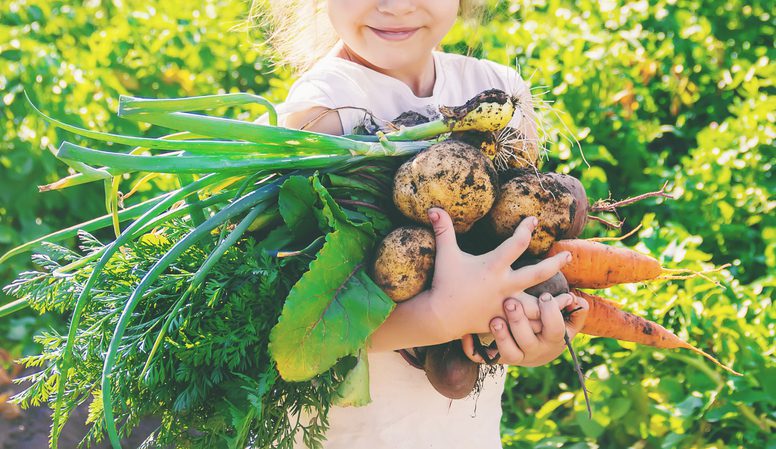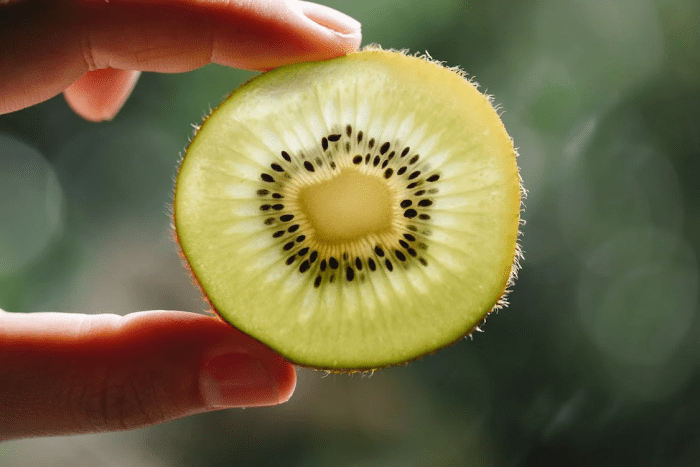
The word “organic” is used on food labels, but what does it mean? There are a lot of misunderstandings about the term “organic.” People often think that organic means this food is healthier or has more nutrients. While this may be true in some cases, organic simply means that the food was produced or grown without synthetic pesticides, fertilizers, or genetic engineering. USDA’s National Organic Program (NOP) sets strict standards for what can and cannot be called organic.
Foods that meet these standards must be certified by an accredited third-party certifier. For more information about the National Organic Program and how to tell if a food is organic, visit their website.
NOP accredits third-party organizations that certify which farms and businesses meet the national organic standards. These certifiers and USDA work together to enforce the standards, ensuring a level playing field for producers and protecting consumer confidence in the integrity of the USDA Organic Seal.
For information on certification programs in your area, contact your DOA, State Department of Agriculture, for details.
Do I eat organic? Yes. I love Red Duck organic ketchup, and it has a much richer tomato flavor than The chemical-laced big brand ketchups. It tastes more like the ketchup we used to buy in the 1960s before big foods decided to make all our foods chemically synthetic with a shelf life = forever. Is it more expensive? Of course, it is! Well, that’s the only organic food I can think of that I buy. I have tried different organic foods but have never felt the cost was worth the effort. So, I eat one item – organic ketchup, because it tastes great!
Should you eat Organic? If it is important to you, and you like it, and you can afford the extra cost, then by all means, eat organic. Otherwise, there are boatloads of fabulous fresh foods in your grocery store for you to enjoy. Bon Appetit!!!
– There are a lot of misconceptions about the term “organic.”
– NOP (USDA’s National Organic Program) accredits third-party organizations that certify which farms and businesses meet the national organic standards.
– Should you eat organic. if it is important to you, and you like it, and you can afford the extra cost, then by all means, eat organic.
– Otherwise, there are plenty of great foods in your grocery store to enjoy.
Regular Features
This Weeks Diet and Lifestyle Q&A – The TV show “The Biggest Loser” is an excellent example of losing weight and keeping it off. Yes or No?
Food for Thought – Economical healthy eating, buy fruits and vegetables in season or check out frozen foods. Choose frozen foods with the least amount of added chemicals.
Trouble Shooting – Measuring progress when dieting can be tricky. Your bathroom scale may only be telling you part of the story. Watch your measurements and, from time to time, try on clothes that were previously too tight to wear. I recently found a pair of jeans that I had not been able to wear for over ten years – they now fit with room to spare!!!
Happy Cinco de Mayo
Be safe,
be healthy,
and be happy,
Jim
If you have friends or family interested in a healthy lifestyle or dietary information, please send them my email or website.
Email us at the link at the bottom of the page.
Check out our new youtube channel at: https://www.youtube.com/channel/UCeycoyo7yT1rLPMzt3s_f-Q .
This Week’s Diet and Lifestyle Answer – Question: The TV show “The Biggest Loser” is an excellent example of losing weight and keeping it off. Yes or No?
Answer: No, if this were true, they would have a reunion show, but they never do. Nearly all contestants gain all the weight back and often add more pounds than when they started the show!
Please note I am not a doctor or dietitian. The information provided is from my personal experiences, successes, and failures. Before starting any diet or making significant changes in your dietary lifestyle, always check with your doctor or health care professional.



